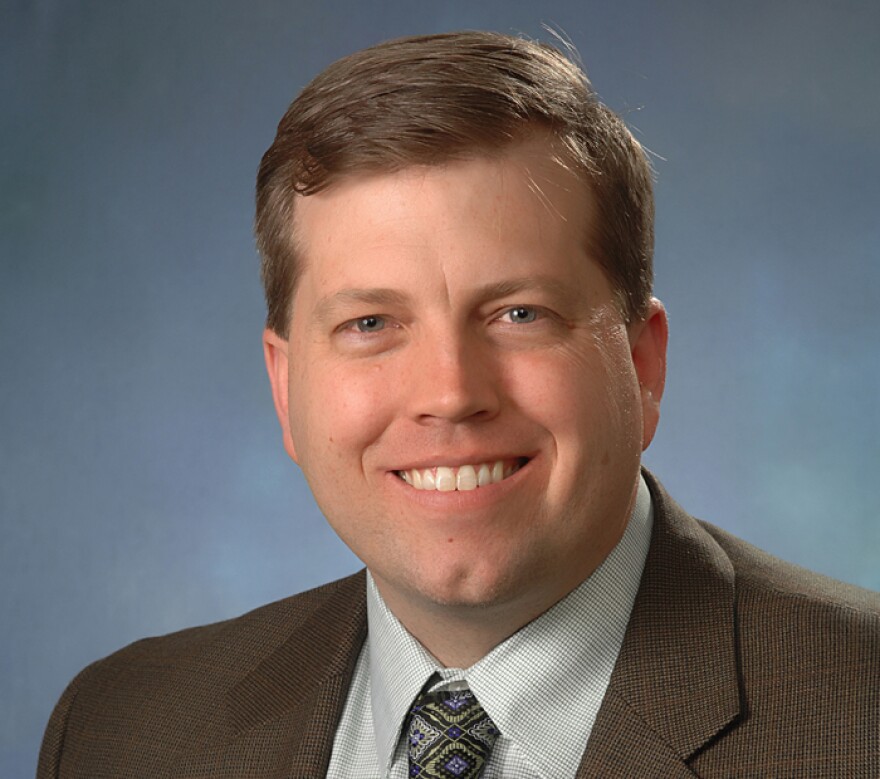Note: KCUR will run a series of stories Friday on end-of-life issues and the policy changes needed to give people more control over what happens to them in their final days.
This week’s announcementthat the federal government is proposing Medicare reimbursements for doctors who discuss end-of-life plans with their patients was one Christian Sinclair has been waiting for.
Sinclair is a palliative care physician at the University of Kansas Medical Center who long has recognized the value of getting patients actively involved in planning the treatment they want when facing death before they get to that point.
He says he’s “very excited” that the government is starting to formally recognize it as well.
“There’s still plenty of questions on how this is all going to shake out, but the fact that Medicare got behind this is really encouraging,” Sinclair says.
The government’s stance marks an important shift toward valuing physician-patient collaboration rather than just paying for treatment the physician orders, he say.
Sinclair is one of the leading U.S. authorities on palliative care and advance directives.
He was on a national committee that produced a report last year called “Dying in America”and next year he will serve as president of the American Academy of Hospice and Palliative Medicine.
Some private insurance plans have started to reimburse for end-of-life planning and have found that patients who take advantage are more satisfied with their care, he says.
If Medicare follows through with its plan to cover advance care planning, other private insurers are likely to follow.
That’s important, Sinclair says, because Medicare primarily covers Americans age 65 and older. Making decisions about resuscitation and living on feeding tubes or ventilators is something everyone should do once they’re mature enough to understand the choices, he says.
“It’s not just for older Americans,” Sinclair says. “Advance care planning is something that 22- or 23-year-old people should do because they need to let people know what they would want in a medical emergency too.”
Sinclair says there are still a lot of details to be determined in the proposed Medicare rule, which also will undergo a public comment period.
For one thing, the level of reimbursement has not been outlined, which could limit which providers will find it worth their time. There’s also the question of who would be qualified to provide the advance care planning.
Sinclair says right now it’s the domain of physicians only, but others are qualified. The key, he says, is having standards that ensure providers are properly trained and respect patients’ individual decisions rather than “just anybody with a checklist.”
Proposals for reimbursement of end-of-life planning included in the federal Affordable Care Act became bogged down in political opposition that held out the threat of government “death panels” to quash the idea.
Sinclair says he doesn’t think that will happen this time. Those political debates, he says, spurred people to take a more serious, nuanced look at advance care planning.
Sinclair says it’s important to note that having a legally binding advance directive not only tells physicians which patients don’t want aggressive treatment, but also makes clear which patients want to be kept alive by any means necessary.
“They can really empower their own choices, whatever they are,” Sinclair says. “Sometimes I think people are afraid these are just very one-sided.”
Andy Marso is a reporter for KHI News Service in Topeka, a partner in the Heartland Health Monitor team.



